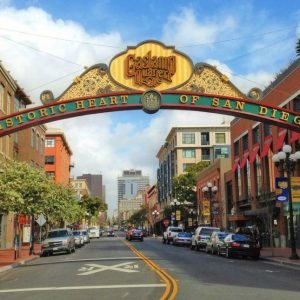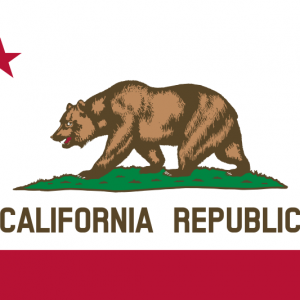When speaking of the future in English, do you use “will” or “be going to?” Is there a difference? The quick answer is that “will” and “be going to” are essentially the same. In English, both are tenses used for the Simple Future. (To learn more about the Simple Future, check out our Grammar Lesson...
Category: Learning English
English tense 10 of 12: The Future Perfect Progressive
This month we continue our 12-part series on all of the tenses in the English language with the Future Perfect Progressive. Also called the Future Perfect Continuous, this tense has two forms: [will have been + present participle] [am/is/are + going to have been + present participle] Examples: We will have been waiting for more than three...
Dating slang in English (and romantic restaurants in SD and SF)
Sometimes it is difficult to express love in words . . . but these slang words do a great job of expressing amor! Learn all about how to describe relationships, and then read our recommendations for places to take your love on a date. English Dating Slang Exclusive Definition: not dating other people Clingy Definition:...
English tense 9 of 12: the Future Perfect
It is time to learn another one of the English language’s 12 tenses! This month, CISL is focusing on the Future Perfect. Think of an action. Think of this action continuing into the future. Now, you want to express how long the action will be continuing. How do you do so? With the Future Perfect!...
IELTS Part 1 Speaking Practice
Like with Cambridge FCE and CAE tests, the IELTS Speaking Test is given by a real person (not a computer). The first part of the test is a “warm up” period, where the IELTS representative (called the interlocutor) asks the student questions about his or her life. Following these questions, the interlocutor will ask several...
Cold weather clothing vocabulary (and the coziest cafes in SD and SF)
If you have experienced a “California winter” while studying English in San Francisco or San Diego, then you have probably needed to bundle up a little. The temperatures in California are nowhere near the cold temperatures that other parts of the country, Europe, or Asia experience . . . but they are chilly enough that you...
English Tense 8 of 12: The Future Continuous (and Taco Tuesday in PB)
We cannot think of a better day to talk about the future than January 1st. The new year is ahead of us: everyone seems to be focusing on what is to come, and forgetting about the past. To celebrate the beginning of 2014 (and to continue with our series on the 12 English tenses) we...
Improving TOEFL Reading Score with CA Author John Steinbeck
I believe there are monsters born in the world to human parents. Some you can see, misshapen and horrible, with huge heads or tiny bodies. . . . And just as there are physical monsters, can there not be mental or psychic monsters born? The face and body may be perfect, but if a twisted...
English Tense 7 of 12: Simple Future (and SD’s Gaslamp)
Today on the CISL Blog, we continue our look at each of the tenses in the English language by learning the Simple Future. To practice, we will take a look at the Gaslamp Quarter’s plans for 2014. There are two ways to express the Simple Future, which makes it unique (the Simple Present and Simple...
California slang for English learners: the word “gnarly”
If you are going to live and studying English in San Diego or San Francisco, you of course need to learn a little of the California slang that everyone loves. Californians definitely have their own language, with a lot of idioms and slang that are not used in other parts of the country. Today we...







